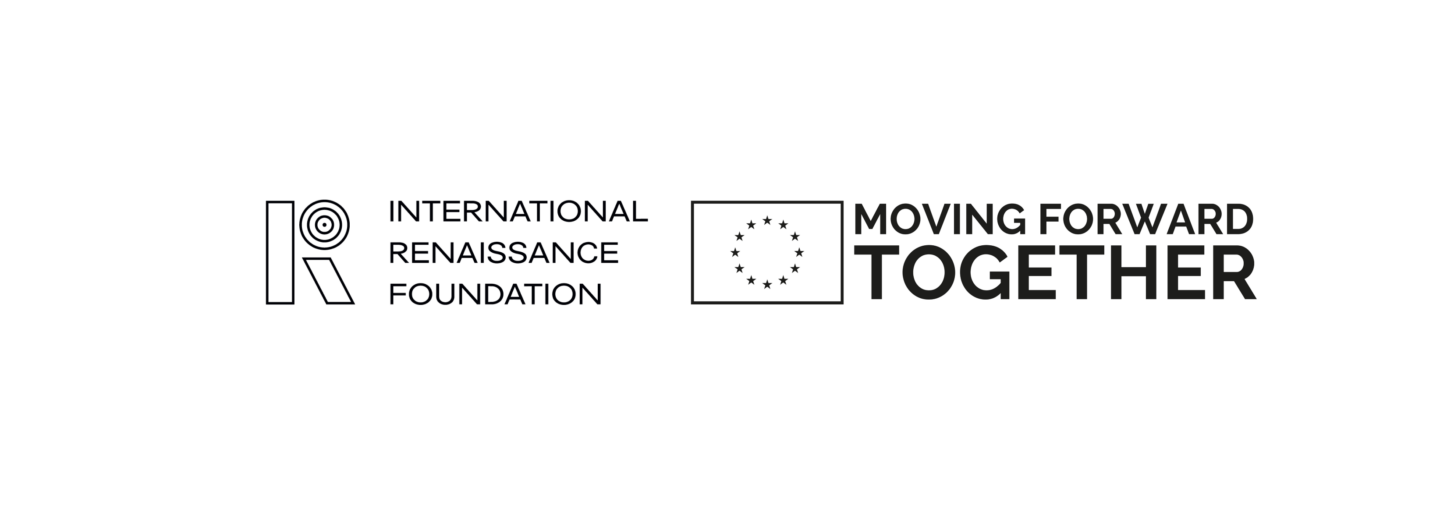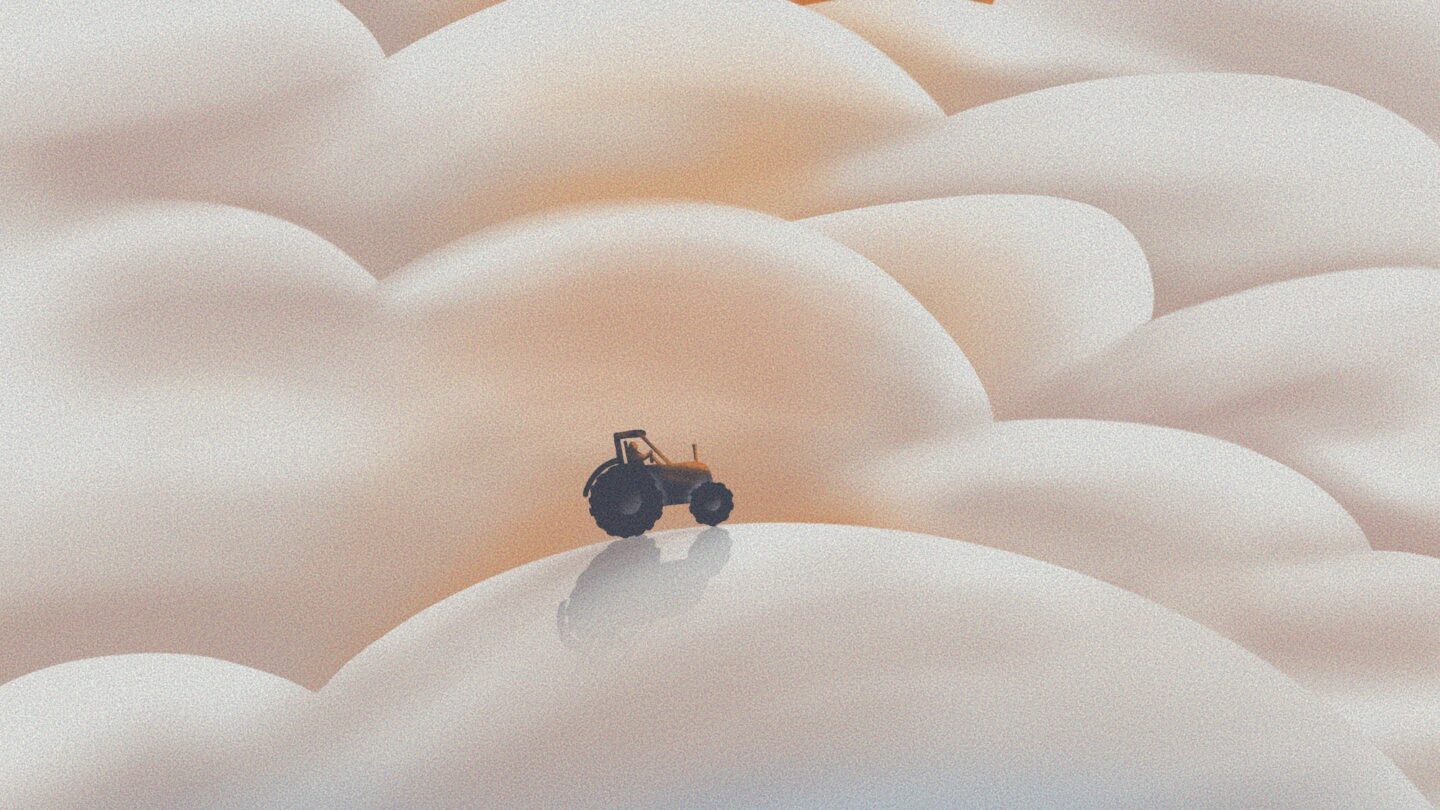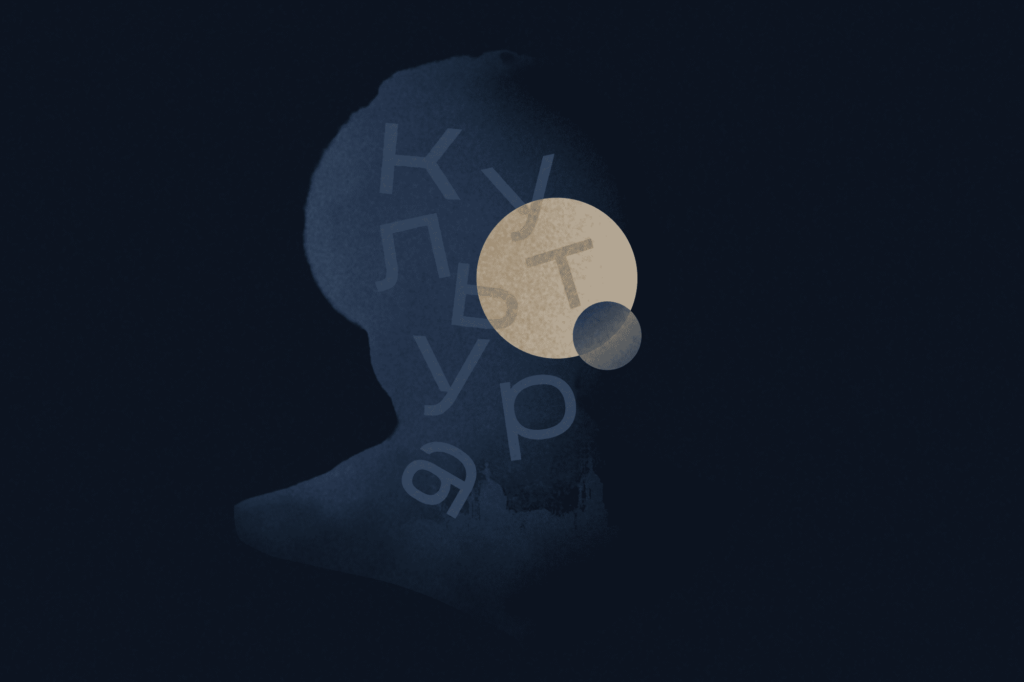Fiksik from Azovstal. Danyiil from the hero city of Mariupol. Elvira Shchemur. Yuliia Zdanovska. Artur Rudenko. Valeriya Yutina. Pasha Lee. Viktoriia Amelina.
I wake up and mentally list these names, reminding myself of Arya Stark from Game of Thrones. But while Arya counted her enemies, I count those who are no longer with us.
Remembering them gives me the strength to get out of bed. The hardest part is convincing myself to rise, but after that, the whirlwind of work takes over, carrying me through the day: coordinating volunteers, arranging boat payments, responding to countless aid requests, approving a procurement budget in Skadovsk, sending a letter to the Security Service of Ukraine, reviewing security protocols, and proofreading another contract.
It seems the world has never been this polarized.
On one side, I see incredible people who have paused their own lives. They give their time and energy to help others—caring for those unable to care for themselves, filling in where state institutions and international organizations fall short, raising and directing funds to support the country’s defenders. They hold the home front at the cost of their own health and refuse to stop, because every halt has too high a price.
On the other side, I see those who close their eyes to the war. “I don’t believe Ukraine can win,” they write on Instagram. “When will this war end? Do we really have to fight for Crimea and Donbas to the very end?” they ask on Facebook. “Where’s that satellite, Prytula?!” they comment on Twitter.
Our realities only sometimes intersect—like the taxi driver who, taking me to a funeral, sincerely asks why there are such heavy traffic jams at noon, or an old classmate I bump into on the street, who raises her eyebrows in surprise when she learns I haven’t taken a vacation this year, or last year, for that matter. I try not to judge them.
Everyone has the right to experience the war as they see fit—or rather, as they are able.
I often ask myself if all these efforts are in vain.
Is this worth my life, which could end at any moment?
And I find my own answers—in the stories of those I work alongside every day.
I know a young woman who volunteers every weekend at a military hospital. She arrives in the morning, cheerful and friendly. She jokes, helps, supports, checking her phone occasionally for messages from her loved one who’s on a combat mission. Then she continues, telling the soldiers stories from her week. For a few hours, she becomes their closest friend, sister, mother. Someone they can talk to. Someone they can sit in silence with.
I know a young woman who’s been raising money for helmets for a year now. She’s met thousands of requests, from vehicles to drones and thermal scopes. But helmets are her “specialty.” She knows the names of those she’s saved, and the names of those she couldn’t. Every other day, she posts a reminder in her Instagram stories: “Let’s all chip in another hundred, the boys will be grateful.” And her 1,800 followers donate, repost, and support. “The boys will be grateful.”
I know a young man who spent three weeks escaping occupied Kherson after the Russians took him into detention. He never talks about his experience, and I don’t ask. Just as I don’t ask why he works so much and so tirelessly. I already know the answer.
I know a woman who volunteered in one of the temporarily occupied cities for nine months. They came for her after one of the people she helped turned her in to the Russians in exchange for his own freedom. I still don’t know if she’s alive, but I can bear witness to her strength and courage, qualities no one can take from her.
I know a young man whose photo appears in nearly every Russian media outlet. “Crimeans helping the people of Kherson,” the occupiers proudly write under a photo of him with their tricolor flag. They don’t know that he has been waiting nine years for his home peninsula’s liberation and is doing everything he can to make it happen as soon as possible.
I know a man who hesitated for a long time before joining the Armed Forces of Ukraine. From the first days of the invasion, he was doing evacuations from Saltivka while shelling continued there. “Look, that’s me carrying an elderly lady out of a building,” he shows me a blurry video on his phone. “Hear the explosions? But we made it. She was so surprised when we lifted her to the 14th floor.” As D. scrolls through his gallery, I can only think about how handsome he is—with his steady movements, determined stance, and eyes full of energy, mixed with a sense of guilt that he’s still on the home front, so strong and sure of himself.
During those winter evenings, D. and I talked a lot about guilt.
In volunteer work, it always feels like you’re not doing enough, no matter how much you do.
But every action counts. In this way, guilt coexists with an incredible resilience and a belief that good will always triumph over evil, even if you have to fight for it.
Several months after this conversation, D. joined the Defense Forces. “How are you, on a scale of one to ten?” I cautiously ask him. “Ten out of ten,” he immediately replies. “I’m where I need to be.”
This year has shown how important it is for each of us to be exactly where we need to be. To hold onto our agency in the face of despair. To nurture our passion—on the other side of anger. To keep faith—in ourselves and those we love so much.
Our love is capable of extraordinary things. Because of it, we remain ourselves in times of war. It drives us to volunteer, to help, to pack, to gather, to search, to persuade, to rescue, to support, to rise from bed again and again, and to choose—consciously, with calm determination—to work toward victory. And even when it seems that darkness surrounds everything, love stays with us—a faint glimmer, a barely perceptible glow, a quiet ember that eventually grows into a blazing fire.
Love is the best vaccine against despair.
Volunteering is one form of love: not only for loved ones, but for the entire country, free and undefeated.
We are witnessing the creation of a network of ordinary people accomplishing extraordinary things. Lawyers, teachers, IT professionals, psychologists, chefs, doctors, schoolchildren, drivers, retirees, photographers—volunteering weaves a delicate web around “our own,” regardless of what they do or where they are. And though the first steps in the volunteer movement are always a little clumsy, the support of the community helps everyone find their footing. Through communication and shared work, we create a space of trust where democratic values, a sense of responsibility, and an awareness of freedom flourish—a freedom that isn’t when everything is permitted, but one that exists despite many limitations, where we continually choose to care for others.
After another difficult day, I go to bed. Mentally, I count: Fiksik, Danyiil, Elvira, Yuliia, Artur…
Reaching the end of the list, I remember another—the names of those I work alongside every day. So many people come to mind—close and distant, joyful and sad, calm and furious, yet united in their desire to protect what’s theirs and certain that tomorrow will come.
In one of those “tomorrows,” we will win against the enemy. But until that day arrives, we are winning over ourselves, strengthening our capacity, making the impossible possible, and caring with all our strength for those we love.
And though we may not choose the times we live in, we have the power to make our time matter.
Anna Bondarenko, founder and head of the Ukrainian Volunteer Service
The views expressed in this material may not reflect the opinion of The Ukrainians Media. Reprinting the text or any part of it is permitted only with the written consent of the editorial team. The main image was created using artificial intelligence technology via the Midjourney neural network.
Translation — Iryna Chalapchii
§§§
[The translation of this publication was compiled with the support of the European Union and the International Renaissance Foundation within the framework “European Renaissance of Ukraine” project. Its content is the exclusive responsibility of the authors and does not necessarily reflect the views of the European Union and the International Renaissance Foundation]





